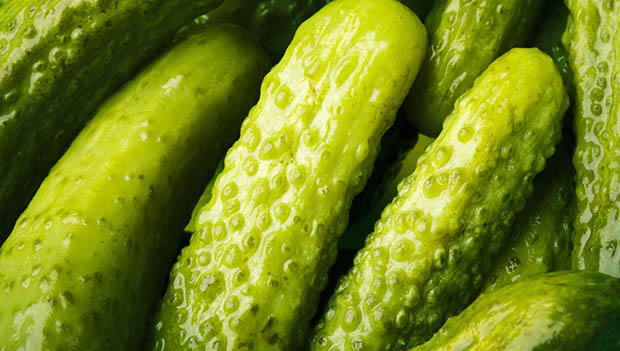
Sometimes the right food is all you need to ramp up your fitness. While there are plenty of nutritious foods and classic staples for athletes (bananas, oatmeal, pasta, nut butter), these five go above and beyond when it comes to providing nutrients athletes need to create healthy bodies to perform at their best.
Mushrooms
Often treated as an optional topping or filling for pizzas and omelets, these little fungi should be treated as the main event. Mushrooms provide vitamin D, a nutrient found in only a handful of foods, and are essential to mood and bone health. Beyond vitamin D, they offer B12, protein, fiber and immune stimulating properties. Make mushrooms a priority on your plate with Hungarian mushroom soup, mushroom-based meatless burgers or a large side of sautéed garlic mushrooms.
Potatoes
Don't even worry about whether they're sweet or not. The standard variety can offer athletes a great way to consume carbohydrates without breaking the bank or feeling the need to be creative in the kitchen (stab it with a fork and microwave the thing!). While this starchy root vegetable might not seem like anything special, new research has shown that consuming the same amount of carbohydrates from sport gels or potatoes is equally effective in boosting performance.
Pickles
Pickled bits of any kind (peppers, cauliflower, asparagus...) can add a punch of flavor without adding additional calories to your meals, making them a great swap for sugary or processed sauces. Of course, adding low cal crunch doesn't make something a 'super food' for performance. What takes pickles to the next level is the research-backed data showing that consuming pickles (and the juice) can reduce cramps in athletes, likely due to a combination of vinegar and sodium.
Kefir
Athletes need to pay attention to their gut biome. This environment of bacteria is crucial for assisting just about every health and performance factor you can think of. It improves digestion, speeds recovery, reduces inflammation, improves insulin sensitivity—and this environment is largely due to the foods you consume. Specifically, Kefir, a fermented dairy beverage, has been shown to improve the profile of good gut bacteria that can lead to preventing fatigue and improving time to exhaustion.
Eggs
Most of us consume eggs daily without even thinking about it. Breads, pasta, bakery goods, salad dressings—they are involved in more recipes than you're likely aware of. However, it's time to be more thoughtful regarding your egg consumption. Recent research looked at the effectiveness of recovery protein for athletes; egg consumption (whole egg vs. egg whites) against whey protein or nothing and found that whole eggs were just as effective as whey protein. They also are more cost effective per serving and provide a larger array of nutrients to benefit your body more in the long run.
Bonus: Coffee
Since this isn't technically a food, it's being added as an extra to the list. The benefits of coffee are too big and well documented not to give it a little shout out. Caffeine is the most effective legal athletic performance aid, and coffee provides a dose of this stimulant along with antioxidants and hydration (that notion of coffee being dehydrating is a myth!). The beverage can also provide a metabolic boost and stimulate the GI system into action. Hot, iced, with milk, sugar or whatever else—this can be a pre-workout boost your body needs to produce results.
READ THIS NEXT: Recovery Foods You're Probably Not Eating (But Should)
About the Author
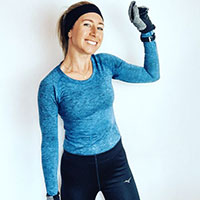
Get ACTIVE on the Go


Couch to 5K®
The best way to get new runners off the couch and across the finish line of their first 5K.
Available for iOS | Android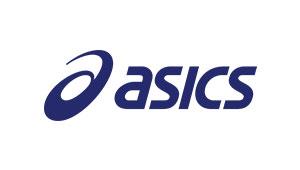
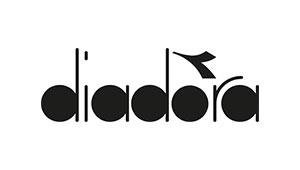
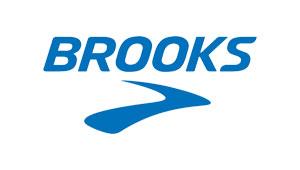
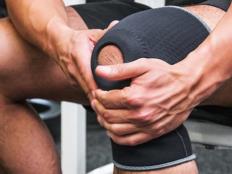



Discuss This Article